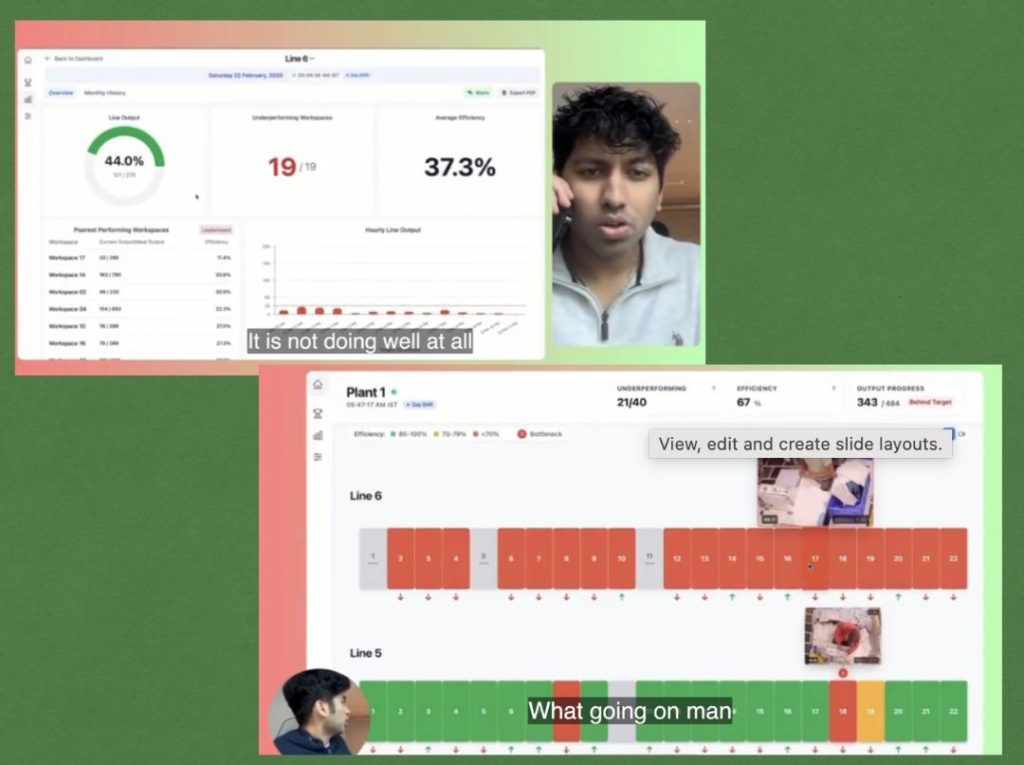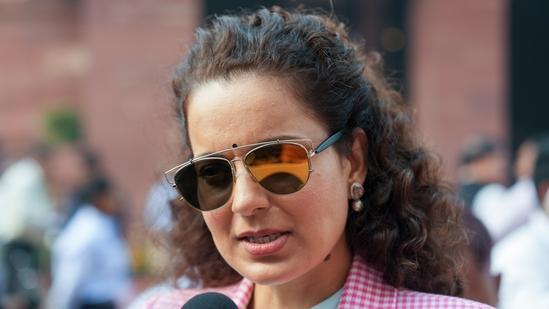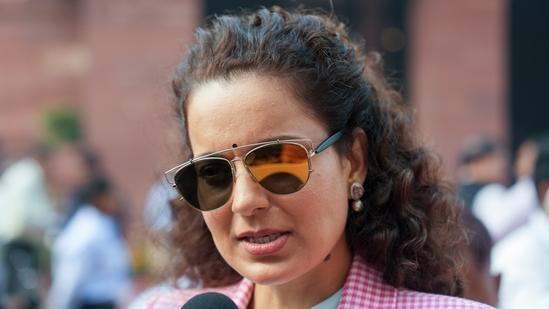
Indian Founders’ AI Startup for Workplace Surveillance Sparks Global Outrage
In recent times, the use of Artificial Intelligence (AI) has been integrated into various aspects of our lives, and its potential benefits have been extensively discussed. However, a demo from Optifye.ai, a startup that is part of Y Combinator’s current cohort, has sparked global outrage and raised questions about the ethics of using AI for workplace surveillance.
The demo, which was shared on social media by Y Combinator, featured Optifye.ai’s founders, Kushal Mohta and Vivaan Baid, showcasing their AI-powered security cameras that can track employees’ movements and monitor their productivity. The software is designed to help factory owners know who is working and who isn’t, claiming that this will increase efficiency and reduce labor costs.
However, the demo sparked widespread outrage, with many labeling the software as “dystopian surveillance software for sweatshops.” Critics argued that the use of AI-powered cameras would lead to a loss of privacy and autonomy for workers, and that it would further exacerbate existing labor issues.
The demo’s viral video shows the founders explaining how their software can track employee movements and detect if someone is working or not. They claimed that this would help factory owners identify and address issues such as absenteeism, tardiness, and low productivity. However, many people saw this as an invasion of privacy and an attempt to control workers’ behavior.
The backlash against Optifye.ai and Y Combinator was swift and intense. Many people took to social media to express their outrage and disappointment, using hashtags such as #NotMyYCombinator and #OptifyeaiIsDystopian. Some even started a petition demanding that Y Combinator drop the startup from its cohort.
In response to the backlash, Y Combinator deleted the demo from its social media channels, stating that it had not intended to spark outrage and that it would review its vetting process to ensure that startups do not promote unethical practices.
However, the damage had already been done. The controversy has raised questions about the ethics of using AI for workplace surveillance and the need for greater transparency and accountability from startups and investors.
The use of AI-powered cameras for workplace surveillance is not a new concept, but the Optifye.ai demo has highlighted the need for a nuanced discussion about its implications. While some may argue that the technology can increase efficiency and reduce labor costs, others see it as an invasion of privacy and an attempt to control workers’ behavior.
The controversy has also raised questions about the role of investors and accelerators in promoting startups that prioritize profit over people. Y Combinator, which has backed many successful startups, has come under fire for its role in promoting Optifye.ai.
The incident has also led to a wider conversation about the need for greater transparency and accountability from startups and investors. It is essential that startups are transparent about their business practices and the potential implications of their technology.
In conclusion, the demo from Optifye.ai has sparked global outrage and raised questions about the ethics of using AI for workplace surveillance. While some may see the technology as a tool for increasing efficiency, others see it as an invasion of privacy and an attempt to control workers’ behavior. The controversy has highlighted the need for greater transparency and accountability from startups and investors, and it is essential that we have a nuanced discussion about the implications of AI-powered cameras for workplace surveillance.





